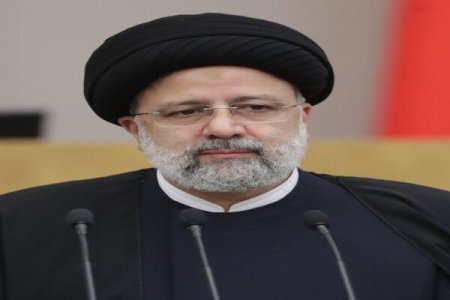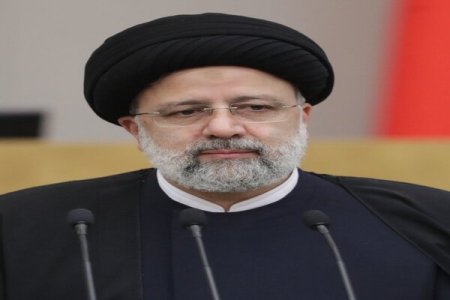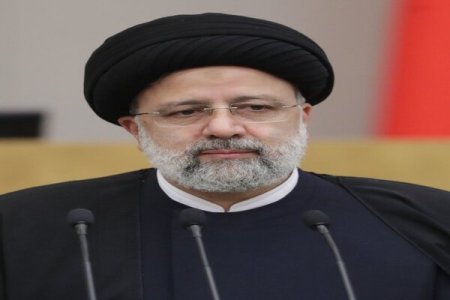
The House of Representatives initiates an investigation into the procurement process for the Lagos-Calabar coastal highway contract. Amidst concerns of transparency and adherence to procurement laws, the project's cost, financing structure, and potential tolling raise questions.
In a significant development during Thursday's plenary session, the House of Representatives resolved to scrutinize the procurement procedures surrounding the award of the Lagos-Calabar coastal highway contract.
Spearheaded by lawmaker Austin Achado representing the Gwer East/Gwer West federal constituency of Benue, this decision was prompted by mounting concerns over the transparency of the process. The investigative motion passed with consensus, targets key government figures such as Minister of Works David Umahi, Finance Minister Wale Edun, and Attorney General of the Federation Lateef Fagbemi, requesting detailed documentation regarding the project's financial guarantees and credit enhancements.
The project, aimed at constructing a 700km coastal road linking Lagos and Calabar, has been embroiled in controversy, with questions raised regarding its staggering N15.6 trillion budget.
Notably, former Vice President Atiku Abubakar and Labour Party's ex-presidential candidate Peter Obi have raised objections to the project's execution. Achado underscored potential violations of the Public Procurement Act 2007, particularly regarding the procurement strategy adopted for the contract.
He highlighted concerns over deviations from established tendering protocols and called for a thorough investigation into these alleged breaches. Chair of the Committee on Public Procurement, Unyime Idem, echoed Achado's sentiments, citing numerous petitions received by the parliament urging an inquiry into the project's procurement processes.
The resolution mandates the committees on public procurement and works to conduct a comprehensive investigation and submit a report within four weeks, signaling a proactive legislative response to safeguarding transparency and accountability in public infrastructure projects.




